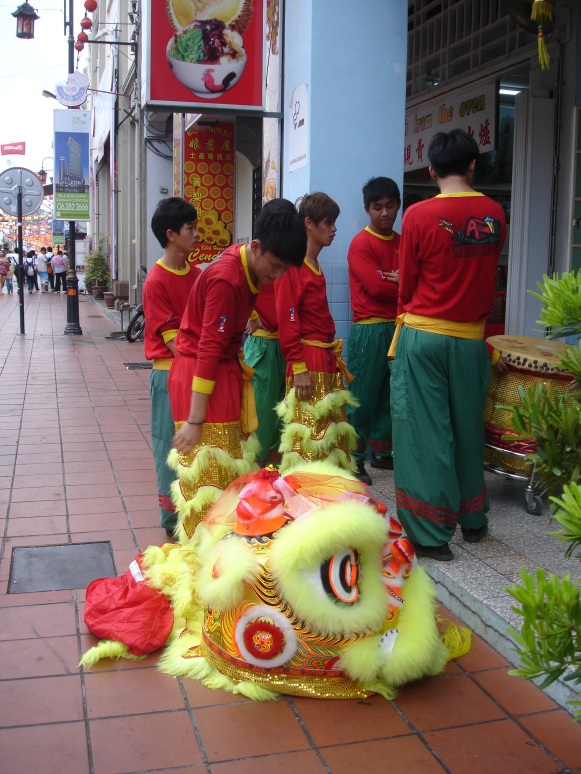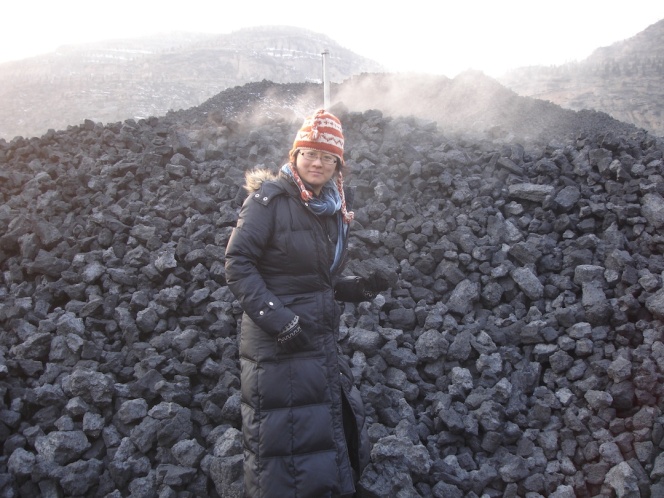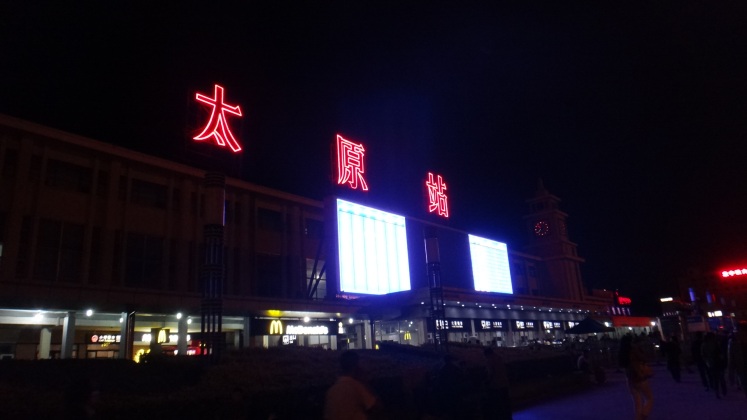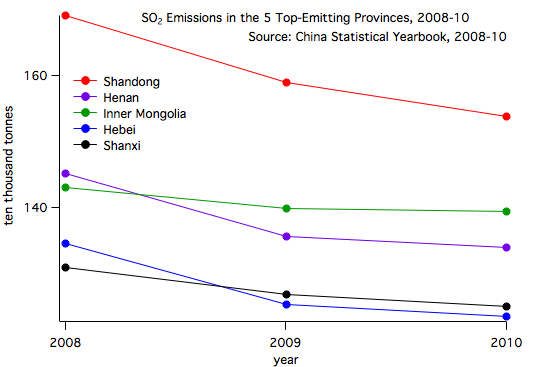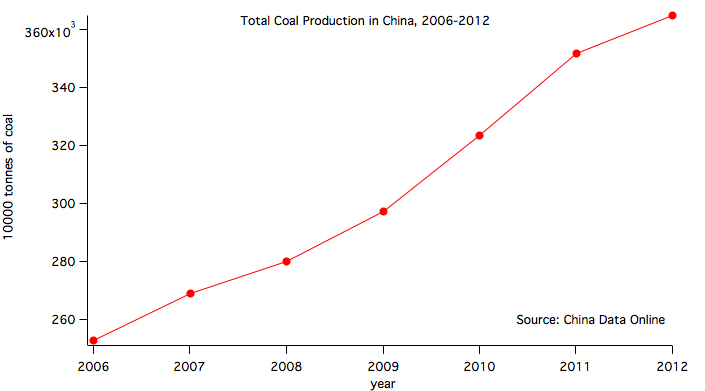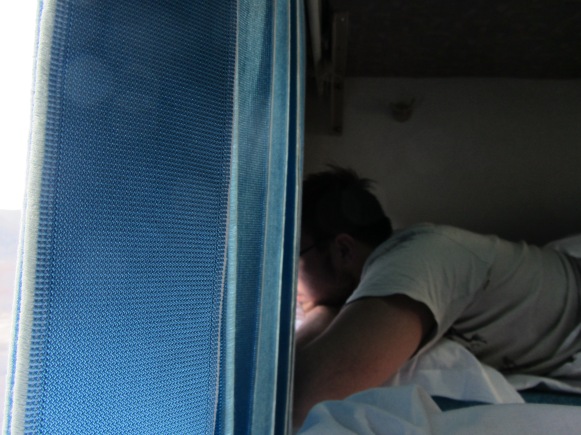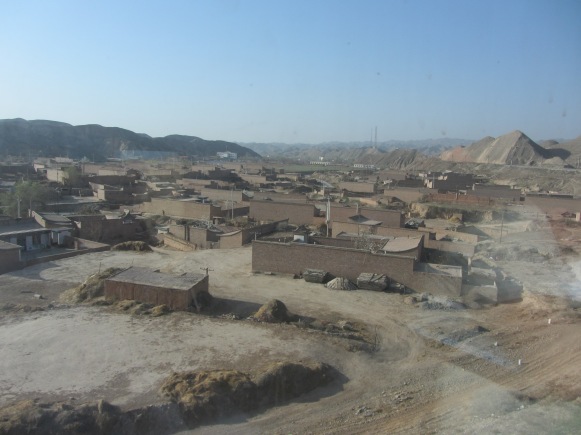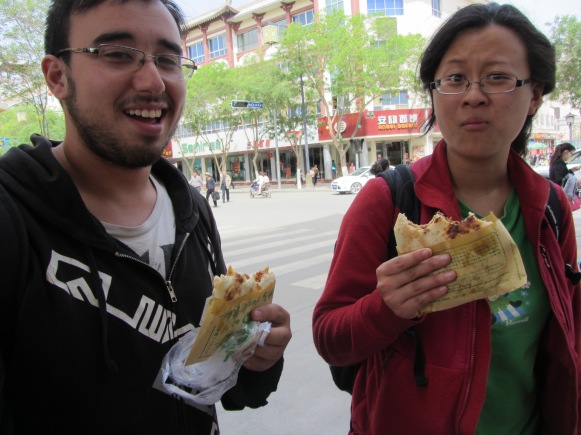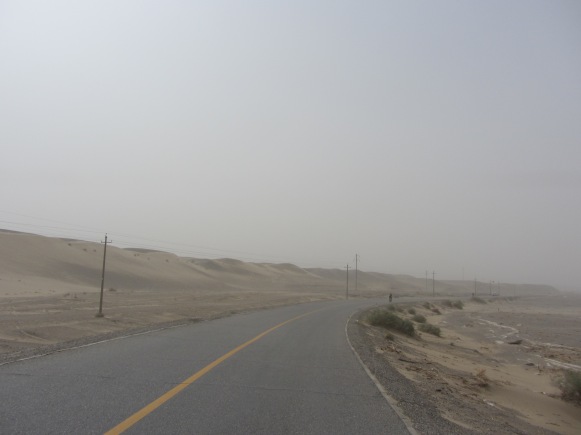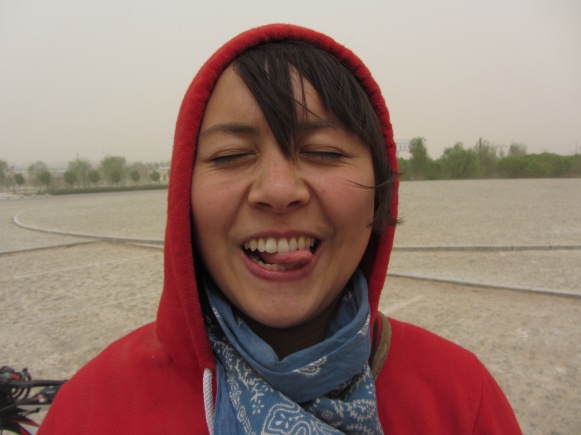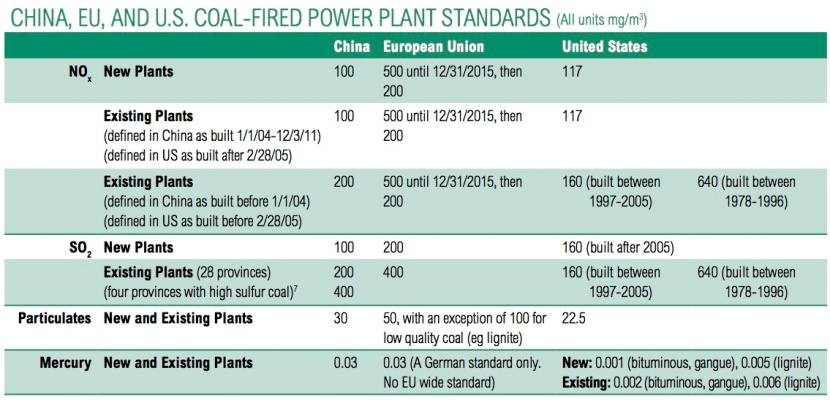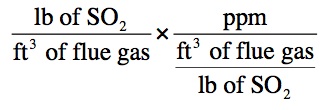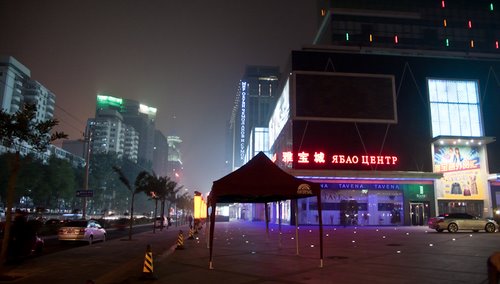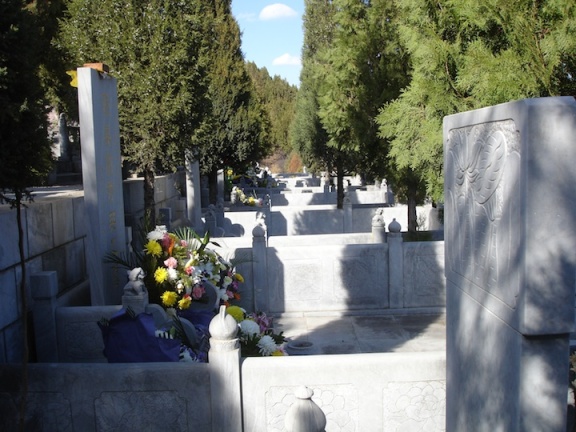
I spent April 4, Qingming Festival, in Beijing with family. Qingming is one of many holidays when the Chinese government pretends to give you time off—you get three days of rest so that you can travel, but then you have to make up two of them by working for seven days in a row.
Qingming is a multi-purpose holiday. First of all, it is the first day of the fifth solar term on one of China’s many calendars. This particular calendar year is divided into 24 solar terms, which farmers have used for centuries as a rough timeline for when to plant and harvest crops. In addition, Qingming has become a memorial for this guy named Jie from the 600s BC. Jie was so loyal that during a famine, he cut off a piece of his own leg to make soup for the Duke of Jin. The story goes on, but I don’t know it because I got distracted after the leg-meat eating.
I know Qingming best as Tomb-Sweeping Holiday—a day to honor your ancestors. Traditionally, everybody cleans the ancestral tomb and offers food, incense, and paper, which symbolizes money, to the dead. But these days, because the holiday is so short, many people skip tomb-sweeping to go on vacation.
“You should go tomb-sweeping with your aunt,” my dad told me over Skype, when I talked to him about my Qingming plans. “She does this very traditional ritual; you’d find it interesting.”
My dad gets along well with his sister, although both of them think the other is crazy. My dad is hyper-rational, and my aunt is hyper-religious. She believes in demons and warns me regularly about the apocalypse. Every time I see her, she tries to convert me to her neo-Buddhist religion. Before my fellowship, I’d cumulatively spent probably little more than a week of my life hanging out with her, but since September, I’ve seen her every time I go to Beijing. We often have intense conversations. Sometimes we discuss my family’s history during the Cultural Revolution, and sometimes she goes on long diatribes about the moral degradation of my generation while I try to defend the existence of short shorts.
Despite Qingming’s long history, my aunt told me that its life as a state holiday is quite short. A Wikipedia search later told me that the government has only recognized Qingming since 2008.
“I think the government did it because Taiwan does it,” my aunt said. “We can’t let ourselves be outdone by Taiwan!”
As usual I couldn’t tell if she was being tongue-in-cheek, but I wasn’t about to get into an intense discussion over this one. I can talk short shorts, but I’m no authority on Taiwan-mainland relations.
We went to the cemetery on the morning of April 6, a Saturday. My cousin—her son—packed the trunk of the family sedan with a broom, a dustpan, and a bag of rags. We also loaded the car with two huge plastic bags of food: dumplings, braised duck legs, sweets, steamed buns, bottles of tea, and cans of almond milk. These would be offerings to our relatives. The five of us—my cousin’s wife at the wheel and him as co-pilot; my aunt, my twelve-year-old niece, and me crammed in the back seat—set off toward Huairou, one of the villages adjacent to Beijing, where my grandparents and uncle are buried in the foothills of the surrounding mountains.
Despite that my dad was born and raised in Beijing, his family is from Fujian Province in the south. His parents and uncle were born in Fuzhou, the provincial capital of Fujian, and moved to Beijing before my dad was born. I’d met all of them, but barely—when I’d seen my grandmother, she was bedridden after a stroke before her death in 2000; my grandfather died in 2009, but since I could remember, he’d had varying degrees of dementia; my uncle died in 2010 from stomach cancer, but I’d never had a real conversation with him.
Traditionally, they should have been buried back in Fujian in the ancestral tomb. But as my aunt keeps telling me, the tomb was destroyed. This, according to my aunt, does not bode well for the Chens.
“That’s why your father’s generation had no sons,” she told me. “The Chen name ends with you.”
I didn’t have a reply for that one either.
The traffic to the cemetery was awful. My cousin had brainstormed a convoluted route to avoid cars, but he failed, but we were stuck on the fifth ring road for an hour.
“It’s because the weather is finally nice today,” my cousin said defensively. “It rained on Qingming. I bet everyone is rushing to the tombs today because it’s sunny.”
My cousin’s wife was also a terrible driver. But she was the only one in the car who had a Chinese driver’s license. My excitement of this milestone in heritage discovery morphed in and out of terror as she almost merged onto a car in the next lane.
We finally arrived at the cemetery at noon after a three-hour drive full of hiccups. Without all the traffic, it should have taken an hour and a half. My cousin led the way toward the thousands of white stone tombs, arranged in neat rows on the side of a hill.
After about a five-minute climb, we arrived at my family’s plot. All the tombs in this particular cemetery looked about the same—gold font carved on bright white stone, erected an altar. Each couple shared a stone, with their names written vertically, preceded by some synonym of the word “benevolent.” The name of the person who had paid for the stone was inscribed in smaller characters on the side of the stone. In some instances where only one member of the couple had died, the living spouse’s name was already etched into the stone, but the characters hadn’t been painted yet. My grandparents shared a tombstone, while my uncle’s, a smaller one, sat to the right of it. His wife’s name hadn’t been carved into it yet. I don’t know what happens to people who don’t have a family. The cemetery gave the impression that all the people there came from full, intact families.
“There’s a place for your dad there,” my aunt said helpfully, pointing to the empty space to the left of my uncle’s tombstone.
We started cleaning the tombstones. The altar was covered sparsely in several months’ worth of leaves and twigs. My aunt swept while my niece and I wiped the stones off with a rag. When the tomb was clean, my cousin lit incense in handfuls of three and handed some to each of us. We took turns placing the incense in the clay pot in front of each of the tombstones.
“All right, say something to your great-granddad,” my aunt said to my niece. She looked pretty lost. We all stared at the freshly swept tomb in silence as the smoke from the incense floated above us. My aunt had explained to me that the incense is transmitted to another space that the dead inhabit.
“You can just bow,” my aunt said finally to my niece, who was still standing in front of the tombstone in confusion. My niece bowed and got out of the way.
Next, my aunt laid out the food in take-out containers around the tomb. She had specifically bought all their favorite foods—dumplings for my uncle, sweets for my grandparents, and then all the fixins for a full meal. She opened the containers—“so it’s more accessible to them,” she explained.
“Let’s go burn the paper now,” my aunt said. We left the food on the tombstones—for the dead to consume while we burned paper—and scrambled back down the mountain toward the entrance. Near the entrance of every Chinese cemetery I’ve ever visited is a large furnace for burning paper. The furnace has twelve different slots on each side, and each one represents a different zodiac sign. My aunt had prepared three post-it nametags with my relatives’ names on them, and we stuck one each above the dragon, snake, and dog slots—my grandfather, grandmother, and uncle’s zodiac signs, respectively. She then divided out the giant stack of paper we’d brought among the five of us. We had fake ingots, folded out of shiny gold paper, and giant fake bills that were unfortunately labeled “HELL MONEY” in English. My cousin took out his lighter, and we started burning the paper in the furnace.
The hell money came in giant denominations, on the order of hundred thousands of RMB. “It’s because you have to bribe the demons in the afterworld to actually give the money to your relatives,” my aunt explained. “Only a little bit of the money actually goes to your grandparents. Most of it gets confiscated by the demons for their own use.”
The cemetery provided several giant pokers. I kept poking the fire while my cousin threw in gold ingots. The sky wasn’t smoggy for once. I tried to ignore my own guilt as giant plumes of smoke choked out of the furnace chimney.
After we finished burning several million RMB’s worth of hell money, we started climbing back toward the tombs to collect the food offerings we’d left. On the way back up, I noticed a giant red banner that said “FIREWORKS, FIRECRACKERS, AND INCENSE STRICTLY FORBIDDEN IN CEMETERY.” I pointed it out to my cousin.
“Oh, yeah,” my cousin said. “They’re afraid of the mountain catching fire. It’s really dry out here. But everybody does it.”
He also pointed out that vendors were selling fireworks, firecrackers, and incense just outside the cemetery gate. By now, it made sense to me. I had been in China too long to be surprised at banners with sound advice that no one follows. Beijing is full of banners that say “INCLUSIVITY,” and yet every time I go to the city I always encounter someone whom I want to punch in the face.
When we returned to the tombs, someone had eaten most of the food we’d brought. We collectively stared at the empty take-out containers.
“We brought really nice food this time,” my aunt said.
“They ate all the meat,” my cousin said.
“Someone must have followed us on the way in,” my aunt said. “Someone was watching us and waiting for us to leave!”
She was right. My grandparents’ tomb was tucked away in a grid of other completely identical tombs on a hill. It was not easy to find. We had even gotten lost on the way in. But she didn’t seem upset that someone had just eaten the only meal my dead grandparents and uncle would probably get this year.
“Is this weird?” I asked.
“No, people do this all the time,” she said. “It’s probably the cemetery keepers. It used to be worse because people were so poor; they wouldn’t leave anything. Now they’re picky and only eat the fancy food.”
Whoever had plundered my family tomb had generously left us a can of sweetened coconut milk and the box of steamed buns. My niece drank the coconut milk. Children are supposed to consume the offerings because the ancestors will protect whoever eats them. But maybe my ancestors are accidentally watching over some douche bag grave robbers.
We packed everything up, got back in the car, and my cousin’s wife drove us back to Beijing in terrible traffic again. Maybe the ancestors were protecting me, or maybe I was a bit delirious from the hell money fumes, but I felt peaceful on the ride back. Amidst the jerking of the car, the honking horns, and my cousin periodically shouting at his wife for narrowly hitting several cars, I fell asleep.

